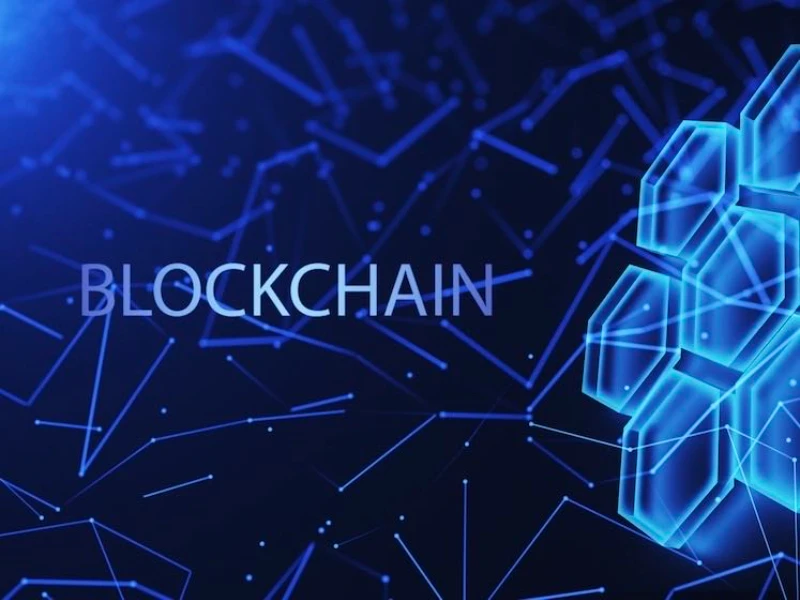- A Solana developer claims the network is now equipped with quantum-resistant security measures to defend against future threats.
- The upgrade aims to address concerns about potential vulnerabilities posed by quantum computing advancements.
What happened: Solana upgrade targets quantum threats
A Solana developer has announced that the blockchain network has implemented quantum-resistant security protocols, marking a significant step toward safeguarding the platform from future quantum computing threats. Quantum computers, once sufficiently advanced, could potentially break current cryptographic methods used in blockchain security. According to the claim, Solana’s proactive approach enhances the resilience of its transactions and data encryption, positioning it as a pioneer in blockchain security.
This announcement comes at a time when concerns about the potential risks posed by quantum computing to decentralized finance (DeFi) and digital assets are growing. Although quantum computers are still in early development, some experts warn that blockchain vulnerabilities could be exploited in the future without preemptive upgrades.
Also read: Quantum computing to fortify Bitcoin signatures: Adam Back
Also read: DeFi 2.0: The next wave of decentralized finance innovation
Why it is important
The claim that Solana has implemented quantum-resistant measures is a notable development in the evolving blockchain industry. Quantum computers, expected to reach greater maturity in the coming decades, pose a unique threat to public-key cryptography, which underpins the security of blockchain networks. Without quantum-resistant algorithms, these networks could become vulnerable to cyberattacks capable of compromising wallets, transactions, and decentralized applications.
Solana’s proactive stance signals an industry-wide need to address this looming threat before it becomes a reality. If confirmed, this enhancement could give Solana a competitive advantage in terms of long-term security and adoption. It may also set a precedent for other blockchains to prioritize quantum resistance in their roadmaps.
Furthermore, this move highlights broader concerns in the crypto and DeFi space about future-proofing digital assets in an era of rapid technological advancement. Whether this claim will hold up under scrutiny remains to be seen, but it represents a crucial conversation about the next stage of blockchain resilience.

